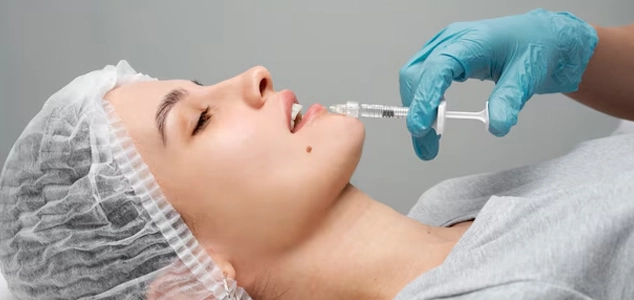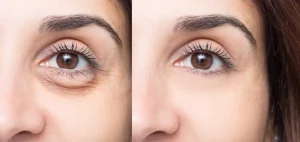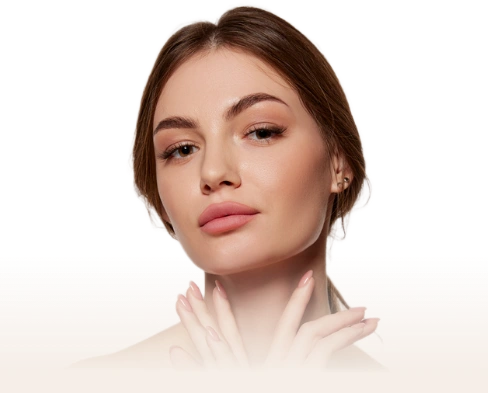If you’re curious about Botox and wondering if it’s painful, you’ve come to the right place. Botox has become a popular treatment for achieving smoother, younger-looking skin with minimal recovery time. But let’s answer the important question: Does Botox hurt?
In this guide, we’ll cover everything you need to know about Botox in simple terms. Whether you’re new to cosmetic procedures or a Botox enthusiast looking for the latest information, we’ve got you covered. We’ll start by explaining how Botox works. Essentially, Botox is a purified toxin that temporarily relaxes muscles, which smooths out wrinkles and makes your lips appear fuller.
How Does Botox Work?
Botox works by blocking nerve signals to muscles, causing them to relax. This relaxation smooths out wrinkles and also helps with medical conditions like migraines and excessive sweating. Botox injections nyc also use to ease medical symptoms such as migraines, neck spasms, lazy eyes and more.
How Painful is Botox?
The pain level during Botox injections varies from person to person. Most people describe it as mild discomfort, akin to a quick pinch or slight burning sensation. Few areas, such as the forehead or around the eyes, maybe more sensitive.
Why Did My Botox Injections Hurt?
Many people have questions like is botox painful when injecting? Do Botox injections hurt? The answer to these questions is several factors can contribute to discomfort during Botox injections, including individual pain sensitivity, the skill of the injector, and the location of the injections. Additionally, anxiety or tension before the procedure can heighten perceived pain.
How to Make Botox Injections Less Painful?
To minimize pain during Botox injections, consider using topical numbing creams or ice packs on the treatment area beforehand. Relaxation techniques like deep breathing can also help reduce discomfort during the procedure.
What Does Botox Feel Like?
After receiving Botox injections, you might experience slight tenderness or a feeling of tightness in the treated area. Some people report a mild headache, which usually resolves quickly.
How Long Does Botox Last on Forehead?
If you have a question how long does forehead botox last? Botox usually works for about 3 to 4 months on the forehead. During this time, it relaxes the muscles and reduces wrinkles. Eventually, the effects wear off, and muscle movement and wrinkles may return. How long Botox lasts can vary from person to person. Some may see effects for longer or shorter periods.
Does It Hurt to Get Botox on Forehead?
Getting Botox on the forehead can be uncomfortable due to the thinner skin and numerous nerve endings in this area. However, most people find the discomfort manageable.
Do Botox Injections for Migraines Hurt?
Botox injections for migraines may cause some discomfort, particularly during the injection process. However, the potential relief from migraine symptoms often outweighs the temporary pain.
Does Botox Hurt on Crow’s Feet?
Botox injections around the eyes, including crow’s feet, can be more sensitive. Your injector can use techniques such as using smaller needles or applying a numbing cream to minimize discomfort.
What Does Botox Feel Like When It Starts to Work?
As Botox begins to take effect over several days, you may notice a gradual reduction in muscle movement and a smoothing out of wrinkles. This can feel like a subtle relaxation of the treated area.
What Not to Do Before Botox?
Before your Botox appointment, avoid consuming alcohol and taking blood-thinning medications like aspirin or ibuprofen to minimize the risk of bruising.
How Long Does a Botox Headache Last?
If you experience a headache after Botox, it typically resolves within a day or two. Stay hydrated and rest if needed.
Is It Normal to Have a Lump After Botox?
It’s normal to experience a small bump or lump at the injection site immediately after Botox. This should resolve on its own within a few hours to days.
Forehead Botox Gone Wrong
While rare, complications from Botox injections can include eyebrow drooping or uneven muscle relaxation. Choosing an experienced injector can minimize the risk of adverse effects.
Botox Results and Side Effects
Botox results usually last 3-4 months. The side effects of Botox can include:
- Temporary bruising or redness at the injection site.
- Headache or flu-like symptoms shortly after treatment.
- Temporary drooping of eyelids (ptosis) or eyebrows.
- Mild pain or discomfort at the injection site.
- Numbness or tingling sensation.
- Muscle weakness near the injection site.
20 Units of Botox Before and After
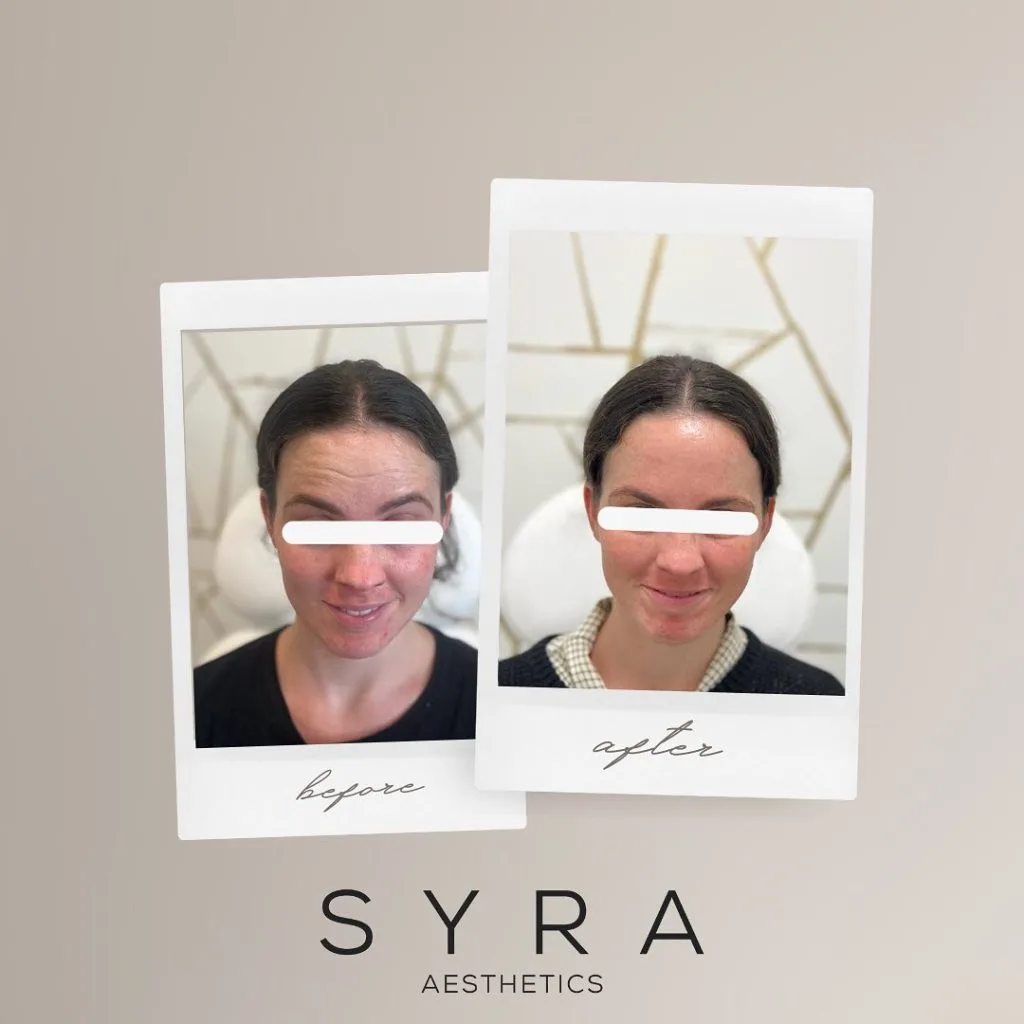
20 Units of Botox Before and After means using a specific amount of Botox to reduce wrinkles on the forehead, between the eyebrows, or around the eyes. After treatment, wrinkles are less noticeable, making the skin look smoother and younger. Before-and-after photos can illustrate how Botox can improve wrinkles and enhance appearance.
Forehead Sore After Botox
It’s normal to experience some soreness or tenderness in the forehead after Botox injections. Over-the-counter pain relievers and ice packs can help alleviate discomfort.
Is Botox Permanent?
No, Botox is not permanent. The effects gradually wear off as the body metabolizes the toxin. Repeat treatments are necessary to maintain results.
Bad Botox Before and After
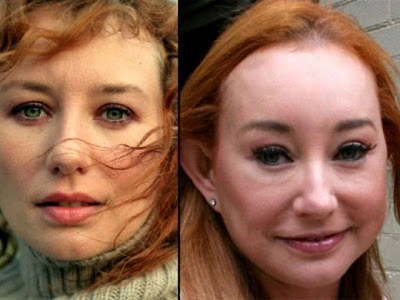
Bad Botox before and after images reveal unfortunate outcomes like unevenness or unnatural expressions. If you’re dissatisfied with your results, consult a qualified professional for advice. They can assess and potentially address the issue, ensuring you achieve the natural-looking results you desire.
Can Botox Be Reversed?
Botox can be partially undone using an enzyme called hyaluronidase. This enzyme breaks down the Botox injection and can speed up the return of muscle movement if desired.
Does Botox Get Rid of Wrinkles?
Botox can help reduce wrinkles from muscle movements like frowning or squinting. It works by relaxing specific muscles, which makes the skin smoother and reduces wrinkles. But remember, Botox isn’t permanent—it usually lasts a few months, and then the muscles start working again, causing wrinkles to come back slowly.
Note: If you are searching med spa in Manhattan, NYC. This guide about how to find the best botox clinic might be helpful for you. Discover top tips and essential factors for selecting the best Botox clinic in New York City.
Frequently Asked Questions
Is Botox Bad for You?
When administered by a qualified professional, Botox is generally safe. But, does Botox hurt? So, the answer depends on the circumstances. However, like any medical procedure, it carries potential risks and side effects.
Botox Anxiety: How Long Does It Last?
Anxiety before Botox injections is common but usually temporary. Openly communicate any concerns with your injector to ease anxiety. On average, the botox anxiety lasts 4 days to 2 weeks.
Can I Wear Makeup to a Botox Appointment?
You can wear makeup to your Botox appointment, but avoid applying it directly to the treatment area to prevent infection. It is not recommendede to use makeup while having botox on your face. It should be clean and natural during the injection for maximum output. Before botox appointment, your face areas would be cleaned with disinfectant to prevent infections.
Can You Wear a Hat After Botox?
Yes, you can wear a hat after Botox, but avoid tight headwear that may apply pressure to the injection sites.
How Often to Get Botox?
Most people undergo Botox treatments every 3-4 months to maintain optimal results.
When Does Botox “Flu” Start?
Some individuals may experience mild flu-like symptoms shortly after receiving Botox injections, but these symptoms are rare and usually resolve quickly.
Is Botox Worth It?
The value of Botox treatment varies depending on individual goals and expectations. If you want to have Botox Lip Flip NYC, consult with a reputable practitioner to determine if Botox aligns with your needs and desires.

About The Author
Dr. Syra Hanif M.D.
Board Certified Primary Care Physician
Dr. Hanif is the Director of Aesthetic Medicine. She is a board-certified physician in Aesthetic Medicine who specializes in using non-surgical alternatives in order to enhance one's appearance through Botox and fillers.
Read More




